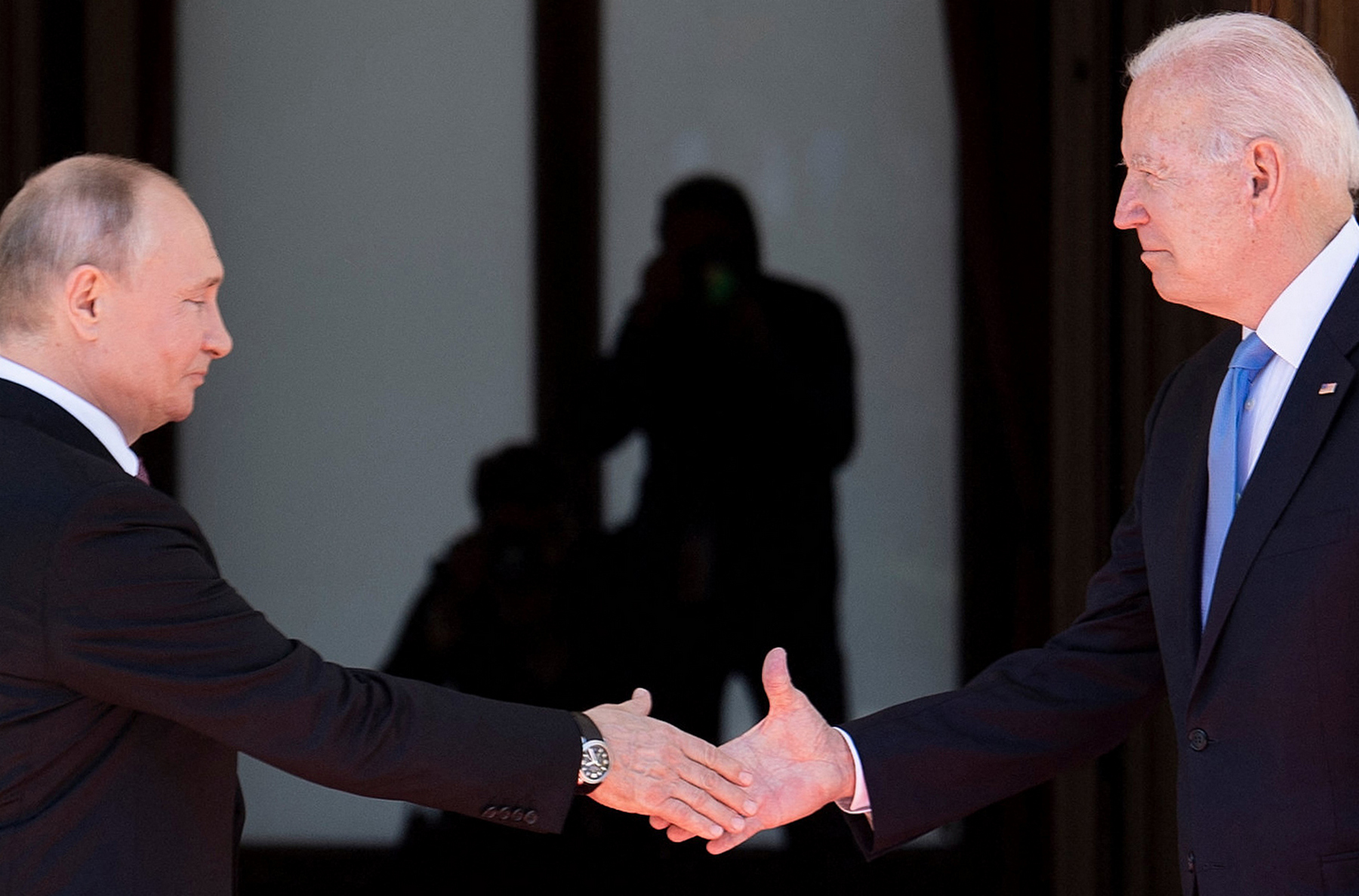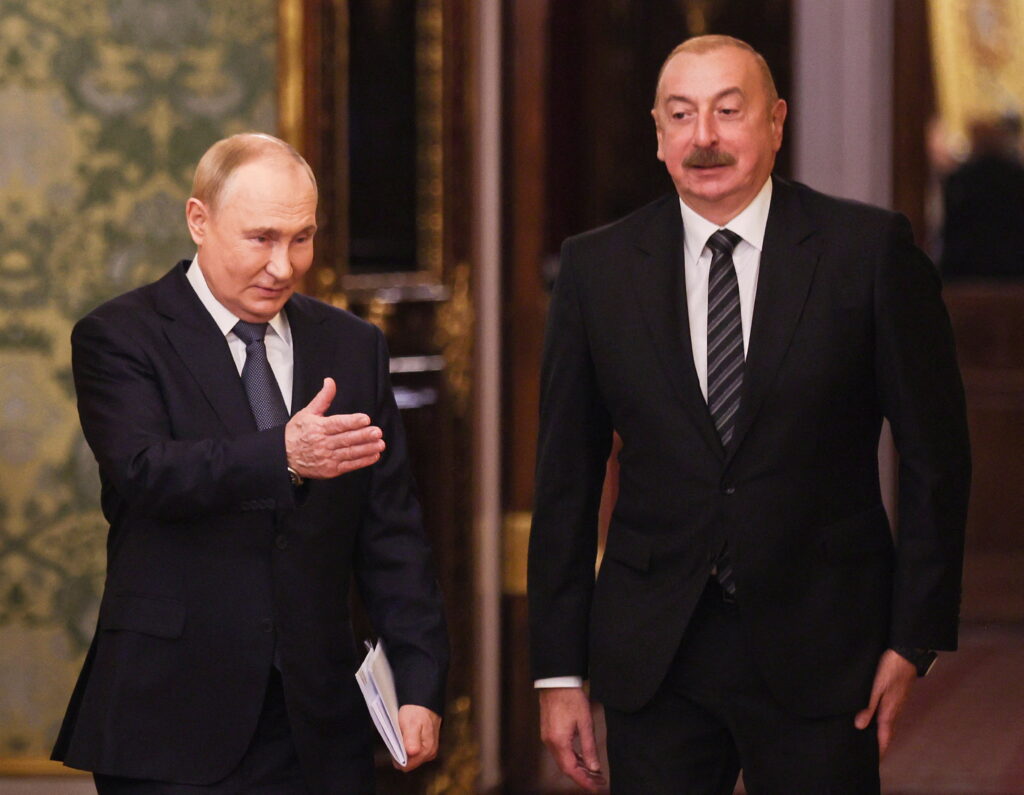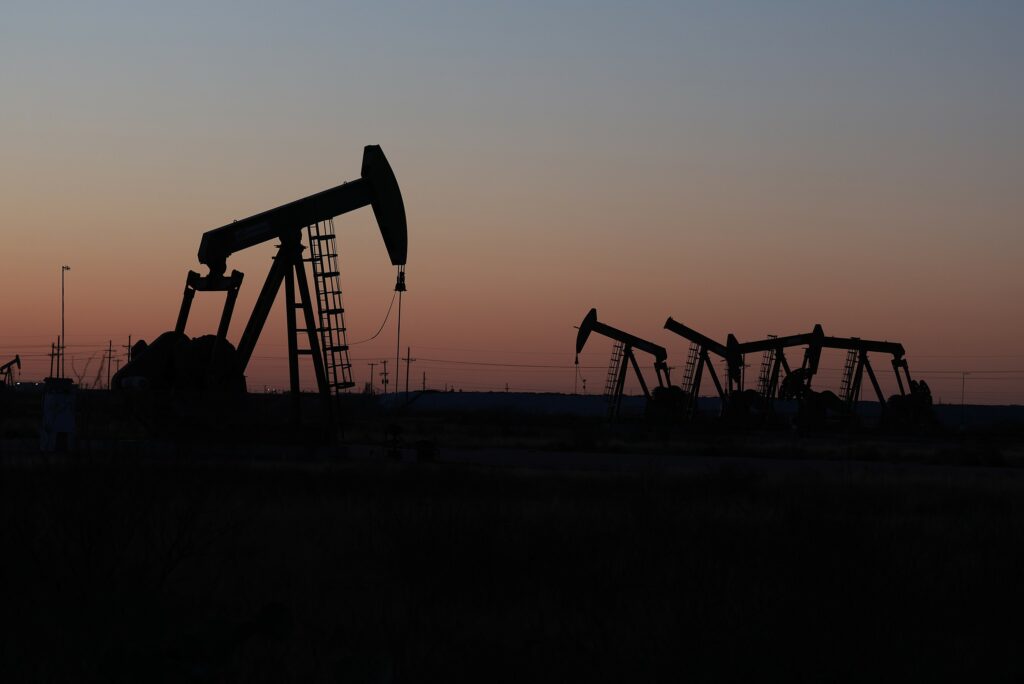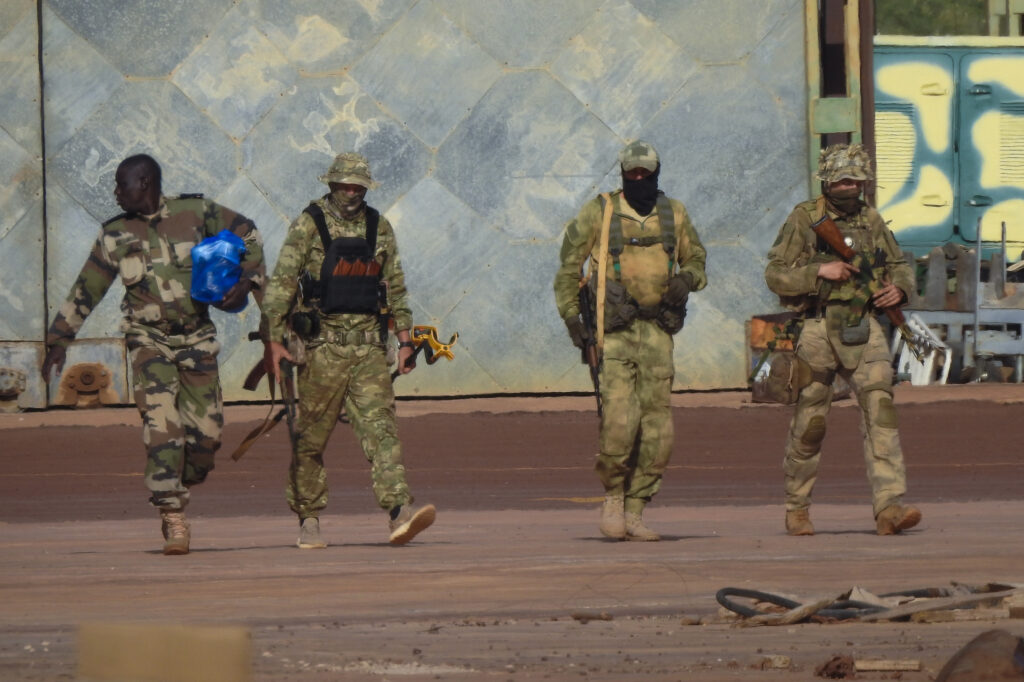Although the recent meeting between Joe Biden and Vladimir Putin in Geneva has not resulted in any noticeable changes in relations between Russia and the West, expectations are rising. No sooner had the presidents parted than Emmanuel Macron and Angela Merkel proposed resuming EU–Russia summits, and a former French prime minister was appointed to the Board of Directors of Zarubezhneft. At the same time, Volodymyr Zelensky’s visit to Washington was postponed, while Merkel arrived there to tout the benefits of Nord Stream 2. Emotions in the Ukrainian press and among Russian dissidents sympathetic to Kyiv reached a boiling point following a historical insight presented by Putin which many interpreted as an announcement of the imminent occupation of the whole of Ukraine. Against this backdrop, few noticed that new sanctions which should have been imposed as early as 2 June, in the aftermath of Alexei Navalny’s poisoning, had been forgotten altogether under Biden. In similar circumstances, even Donald Trump once formally imposed a second, albeit insignificant, round of sanctions in the aftermath of the Skripals case. Of course, a reset in US–Russia relations is now out of the question. Even the limited cooperation between Washington and Moscow in Central Asia or the reduced intensity of Russian cyberattacks on the US does not suggest any serious rapprochement between the two parties. The ongoing occupation of parts of Ukrainian territory, Russia’s overwhelming support for the dictatorial regime in Belarus, attacks on human rights and freedom of speech on the eve of the 2021 parliamentary election in Russia and the anticipated course of the election campaign will not allow the West to make any significant improvements in bilateral relations. Furthermore, it should not be forgotten that, in the context of Russia’s domestic policy, which is built around confrontation and external challenges, the Kremlin is not interested in a reset either, while the EU and NATO have enough strength to torpedo conciliatory initiatives (as happened with the Macron and Merkel proposal). Meanwhile, it is highly likely that the sanctions war will be suspended temporarily. This calls for a reflection on why this large-scale campaign eventually came to a rather ignominious halt.
The main reason for what has happened is the rationalistic thinking of Western politicians (and the Western way of thinking in general). This principle implies an objective assessment of the causes of certain actions and the comparability of costs and results. Values and ideals certainly play an important role, but they alone cannot define an agenda that both politicians and citizens would agree with.
When Russia faked a referendum in Crimea and then fuelled separatism in Ukraine’s eastern regions, war broke out in Europe for the first time since the 1990s, and European politicians could not turn a blind eye to what was happening, especially as Ukraine was blatantly exposed to unprovoked aggression. Even then, however, it became clear that the world had no tools to exert pressure on a nuclear power holding the status of a permanent member of the UN Security Council. Unlike the sanctions against Yugoslavia in 1992–1995, which were imposed on behalf of the UN, or the international community’s response to Iraq’s seizure of Kuwait in 1990, the use of military force was out of the question, and comprehensive sanctions could not be imposed against Russia because of the latter’s veto power (at the time these factors were far more important than possible economic difficulties, such as an embargo on Russian oil imports). Thus, the sanctions policy was doomed to fail from the outset, as the most important effect of all-encompassing sanctions would have to be the actual devastation of the national economy (from 1992 to 1995, Yugoslavia’s GDP plummeted by 37%) and the provoking of a serious political crisis. In Russia’s case, this was unachievable in principle: up to 70% of its oil exports are supplied through seaports, and supplies (albeit not all of them) could be redirected to alternative markets; purchases of high-tech goods manufactured in Western countries were largely replaced by Chinese supplies, and whenever this was impossible, the severance of economic ties with the West threatened not current, but prospective, objectives.
The 2014–2015 period was probably the only window of opportunity for the West to launch a massive sanctions attack against Russia. The Kremlin did not expect such a response; oil prices dropped and the rouble lost more than half its value against the dollar and, for the first time in a decade and a half, Russians’ standard of living deteriorated noticeably. However, the Russian economy recovered quite quickly: financial reserves were largely preserved, and Moscow responded with counter-sanctions on food purchases. Between 2013 and 2019, exports of goods from the EU (including the UK) to Russia fell by €35.8bn, or 31.2%, while Europe was unable to cut the amounts of Russian oil and gas that it purchased. Most importantly, Russia has not become less aggressive, has not retreated from the territories it has occupied, has not reduced its subversive activities in the EU and has not shown more willingness to cooperate. On top of this, the implementation of the European-brokered agreements signed by Russia, Ukraine and separatists would mean the complete dismantling of Ukrainian statehood (the Minsk agreements are no better than the Budapest Memorandum, also signed with the mediation of Western powers, and in some respects are even more dangerous than the latter).
Thus, odd relations have developed between Russia and the West since 2015. The Western powers have repeatedly imposed additional sanctions with little hope for success (by mid-2021 some 700 Russian citizens and more than 100 legal entities were under sanctions). In response, Moscow’s behaviour has become increasingly defiant. This is logical: relations are already damaged, so why hold back? In addition, it has become clear that the West has limited tools at hand and is absolutely unprepared to deal with the results of sanctions that could affect the interests of its own business (the best example was the lengthy hesitation when it came to banning transactions involving Russian debentures). The sanctions policy of Western countries has become a Sisyphean task; politicians and MPs have to withstand the opposition of lobbyists and businesses with great efforts in order to introduce new restrictions, and roll the boulder uphill, while the authorities either do not implement them, or do so alone, without the support of other countries (as when the US expelled dozens of Russian diplomats while their allies expelled only a few, or when the Czech Republic received almost no support in its actions against Moscow), and the boulder rolls back down. With each new round, it is becoming more and more difficult to come up with reasons for sanctions, and the hope for their effectiveness has dwindled (we all sympathise with Navalny, but it took the US almost three years to impose sanctions against Saudi Arabia – or rather, visa restrictions against several of its citizens – in connection with the obvious case of Jamal Khashoggi’s murder). That is why the first reaction to the Biden–Putin meeting was to normalise relations with Russia to some extent and to stop dragging boulders up a slope from which they will inevitably roll down.
I wrote in an article for Riddle less than a year ago that a new wave of sanctions under President Biden seemed unlikely. I assumed that a Democratic Administration in the US led by experienced politicians would be more rational than an unpredictable Trump. It will be interesting to see how Western countries shape their future policies.
There are two extreme – but equally improbable – scenarios. In the first scenario, Putin invades Ukraine with the intention of fully annexing it to Russia. The response in this case would be a host of measures aimed at inflicting as much damage as possible on Moscow by non-military means in line with the ‘Yugoslav scenario’. Such a scenario can be completely ruled out since the losses, in both purely military and economic terms, would be too great for the Kremlin. In the second scenario, Russian elites who are imbued with the hope of a ‘reset’ withdraw troops from the Donbass and restore economic cooperation with Ukraine, while Kyiv in return agrees to put the issue of Crimea’s status on the back-burner. Such an option could lead to the lifting of most restrictive measures, but it does not look likely either. Most likely, Russia will gain a foothold, there will be a fragile lull in Donbass, Belarus will not be annexed by Russia, and the activity of Russian terrorists and assassins in the West will decrease. As a consequence, no new sanctions will be imposed, but the existing ones are unlikely to be lifted either.
We remember well how, on the one hand, the famous Jackson–Vanik amendment, imposed because of restrictions limiting Jews’ freedom to emigrate from the Soviet Union in 1974, was barely lifted in 2012, years after the Soviet Union had collapsed and Russia and Israel had introduced mutual visa-free travel. On the other hand, sanctions were lifted more quickly if the parties came to a collective agreement, as was the case after the Iran nuclear deal in 2016. However, since the baseline scenario does not involve Russia reviewing its policies, the most likely course of events is the status quo, in which the sanctions against Russia will remain forever.
It is high time to admit that the sanctions policy against Moscow has become a stage setting for interstate communication instead of a means of persuasion. Western politicians find the Kremlin’s behaviour unacceptable above all because they implicitly perceive Russia as a European country that has strayed from the right path for no clear reasons, and they will maintain sanctions in the abstract hope for change. Any easing of them remains impossible simply because the reasons for imposing them have not disappeared. Even given a large number of ‘Putin Verstehers’ (those who understand Putin), the sanctions will be extended automatically. However, the mere freezing of the sanctions policy status quo has the potential to change many geopolitical trends.
First and foremost, this will apply to Ukraine, which will gradually recede to the periphery of Western attention. We have repeatedly seen long-lasting conflicts lose their relevance for the international community. Ukraine needs to prove its economic benefits to the West, not beg for handouts, justifying its claims with allegiance to Western values. As nothing of the sort is happening, it should come as no surprise that Kyiv is further away from NATO membership now than it was in 2007, and the prospect of EU membership looks illusory within the next 10 to 20 years. Ukraine and its Western allies failed to roll the boulder of sanctions to the hilltop in 2014–2015 and let it go, leaving the Russian economy in tatters. The historic chance was missed. The sanctions policy has turned into a Sisyphean task, which is eternal only in myth. In real life, futile efforts do not last forever, even if people continue to pretend that they are still rolling the boulder uphill.










